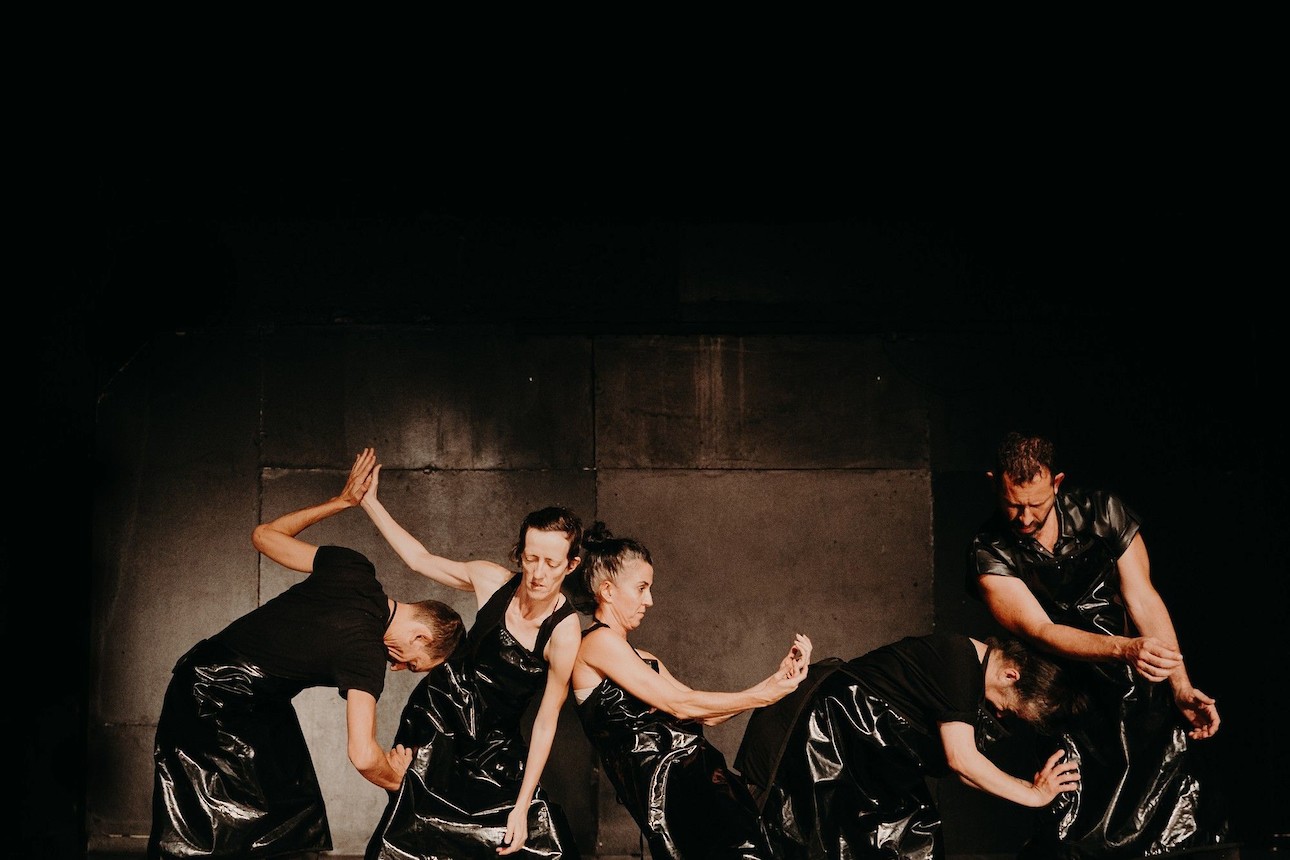Ageless Dance
Are we ever too old to dance?
Ageless Dance centres on the questions of age and ageing, both at the level of dance and in society more generally. In conjunction, the different activities in the programme aim to refute pre-established ideas (that until now have stood relatively unchallenged) about the age beyond which one can or should dance. They also challenge the public’s expectations when confronted with a body that exists beyond conventional parameters.
Western dance is marked by a normativity that considers anyone over the age of 40 to be old, consequently subjecting them to discrimination. There is a gulf in attitudes between the West and other cultures, for example Japan, where the advancing age of a performer is in fact viewed with respect and admiration. Indeed, it is in those later years that a performer is thought to reach the peak of their abilities. By shining a light on this particular issue of age we can stimulate a broader view of the body and the individual in society, thus deconstructing the exclusionary criteria that affect so many sections of the population.
The Covid19 health crisis has undermined the everyday lives of all of us, but especially those of older people. Already frequently marginalised, older people are among those most heavily affected by the pandemic in terms of their health, meaning that many have been consigned to lengthy periods of solitude. The world today is profoundly preoccupied with the convulsive present and the uncertain future. However, we must not forget how often this world has been responsible for the exclusion of bodies and other subjectivities that do not conform to the canon of supposed normality, beauty or efficiency. This is the case for older people generally and is similarly evident among those who perform in dance.
The term idadismo was adopted in Portuguese as a direct translation of the word ‘ageism’. Coined by Robert Neil Butler in 1969, ‘ageism’ designates the stereotyping of and discrimination against individuals or groups due to their age. A partnership between Festival Alkantara and EIRA, the “Dance Without Age” programme seeks to encourage reflection on ageism, in particular in the world of dance, and to help devise actions to stand against it. At the same time, it is a call for a future in which all subjectivities have room for expression.
In the project, dance professionals over the age of 40 will enter into dialogue with academics from various countries, to reclaim space and visibility for older bodies. While these bodies are perhaps no longer at the height of their physical powers, with their experience and highly-developed motor skills they are still able to embody ideas and captivate audiences.
The programme comprises three days of practice groups, open to dance professionals over the age of 40. Each day will consist of a different type of work led by artists whose languages and practices differ from each other, such as Nacera Belaza, Ali Chahrour and Francisco Camacho. This diversity will contribute to the artistic activation and renewal of the participants. In terms of theory, there will be a symposium featuring relevant international figures from the world of academia, as well as a discussion after the show VELHⒶS. This will be a dialogue between the choreographer Francisco Camacho and the choreographer and researcher Susanne Martin regarding their working methods and artistic viewpoints, moderated by journalist and cultural activist Carla Fernandes. VELHⒶS brings together a group of professionals over the age of 50 with participants of an even more advanced age from the population of Lisbon, accompanied by live music from Sérgio Pelágio.
Related articles:
- 27.11 - 28.11.2021
- Ageless Dance
- Performances
- Talks
Francisco Camacho
VELHⒶS

- SAT 27.11.2021 4:00 PM
- SUN 28.11.2021 4:00 PM
- Ageless Dance
- Performances
- Talks
- 19.11 - 21.11.2021
- Ageless Dance
New skills
Workshops for professional dancers
- FRI 19.11.2021 10:00 AM
- SAT 20.11.2021 10:00 AM
- SUN 21.11.2021 10:00 AM
- Ageless Dance
- 18.11.2021
- Ageless Dance
- Talks
Becoming Aware of Other Bodies
Simposium
- THU 18.11.2021 5:30 PM
- Ageless Dance
- Talks